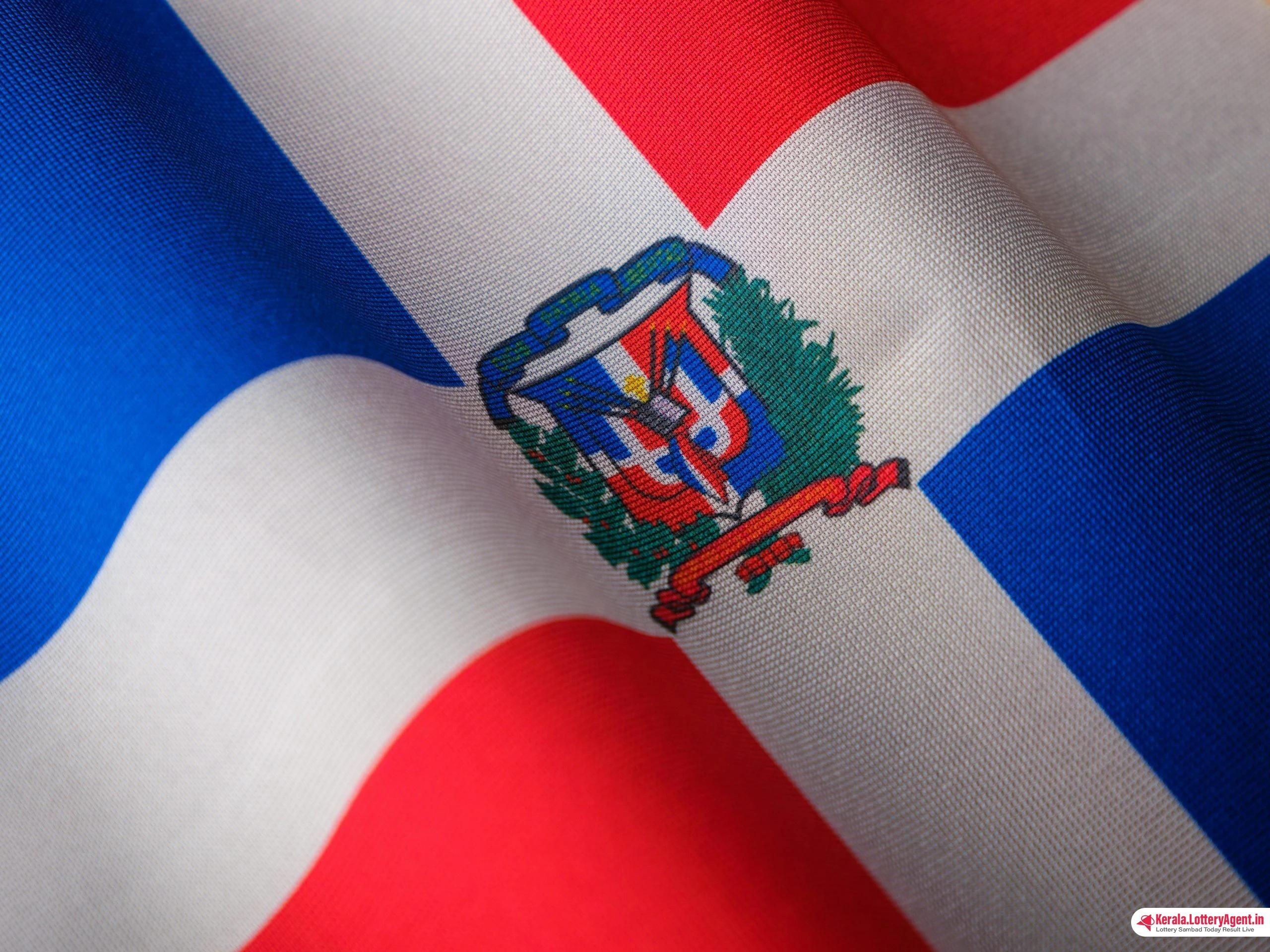
In an unprecedented move to reshape digital wagering within its borders, the Dominican Republic has unveiled Resolution 136-2024 on the 26th of March, 2024. This landmark resolution heralds the introduction of a new regulatory regime governing online casino and sports betting operations in the country.
The minion of the new regulatory edict was carried out by the Ministry of Finance of the Dominican Republic, tasked with its administration is the Dirección de Casinos y Juegos de Azar (Directorate of Casinos and Gaming). Historically, the online gambling sector in the Dominican Republic was first regulated in 2006, and the inaugural license was granted in 2011 with the Canadian gaming company Amaya, now known as The Stars Group following its 2017 rebranding, being the first licensee. Flutter Entertainment subsequently acquired the company in 2019.
Despite the establishment of an online gambling framework under Ley 139-11 and Ley 494-06, there has been a stark paucity of licensees, with Amaya being the solitary firm to have acquired a license to date. This scarcity of license holders underscores the nominal application of the regulations up until now. Moreover, there remains ambiguity over whether Amaya continues to retain its license.
The promulgation of Resolution 136-2024 sets the stage for what is anticipated to be a more encompassing and robust regulatory landscape. This change is expected to augur increased competition within the regulated market, and consequentially, it is hypothesized that there will be a boost in state revenues as new entities enter the fray.
The governance of gambling laws within the Dominican Republic falls under the ambit of the Dirección de Casinos y Juegos de Azar, with the Ministry of Finance being the overarching authority. In its role, the ministry is responsible for conferring online casino and lottery licenses.
The establishment of Resolution 136-2024 is the culmination of an extensive process that spanned from June 2019 to March 2024, featuring a comprehensive document that spans 36 pages, divided into seven chapters and delineates 36 articles. Jose Manuel Vicente, the minister of finance, has the distinction of signing this comprehensive law into force.
Under the stipulations of the new regulations, licenses granted will retain a validity of five years and will remain non-transferable for the initial three years of issuance. The cost associated with acquiring a license for both online casino and sports betting is established at $346,000, which is a single-figure sum regardless of the operator’s choice to indulge in either or both activities.
Taxation specifics have not been disclosed in the text of Resolution 136-2024; however, the previous law, Ley 139-11, prescribed a tax rate of 29% on gross gaming revenue for land-based casinos, and it stands to reason that a similar rate may be applied for online establishments.
Critically, companies desiring to operate under the Dominican flag will also need to demonstrate their commitment to responsible gambling. This includes implementing a mandatory self-exclusion scheme alongside adhering to a series of measures drawn up by the Ministry of Finance, all aimed at promoting responsible gaming.
These measures mandate visible clocks to track the duration of user sessions, tools for setting limits on wagering amounts and session length, and the uninterrupted display of responsible gaming advisories on all gaming sites.
As the Dominican Republic forays into this new era of digital gambling regulation, the variety and safety of online gaming and sports betting experiences are poised to be enhanced for Dominican gamers, while simultaneously providing a stimulus for economic growth through regulated expansion. The dawn of Resolution 136-2024 marks the beginning of a significant transformation in the online gambling dynamics of the country.












